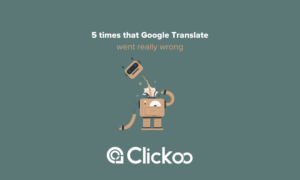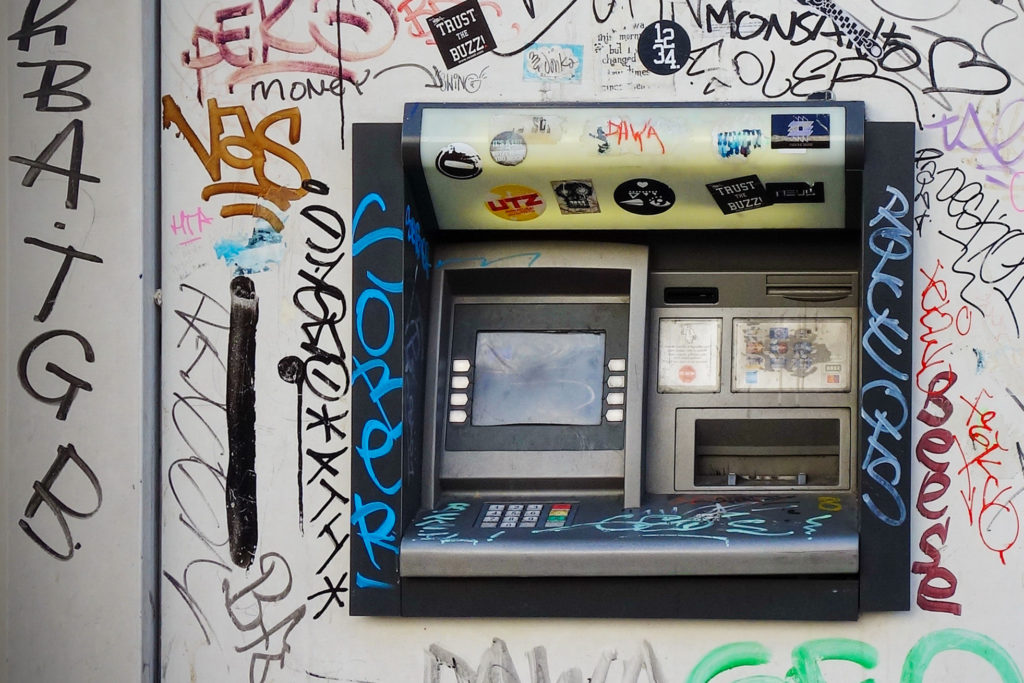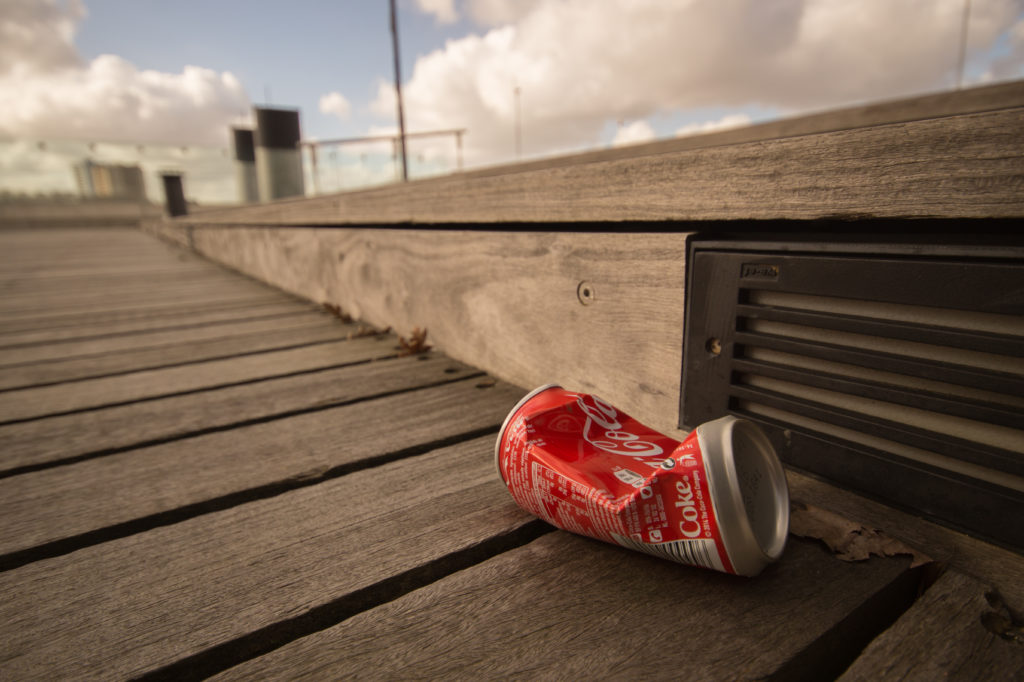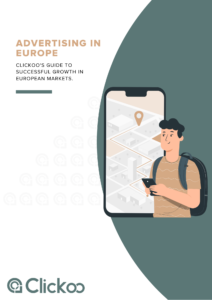
Machine-powered translation services are fantastic. And their precision is only getting better. Type a phrase into Google Translate, and it’s possible to get a flawless one back. They’re that advanced. But… they’re not bulletproof. Far from it, in fact.
Whilst technology has come on leaps and bounds, room for error hasn’t been removed entirely. And yet, unfortunately, not every business has checked whether their translation is perfect.
This has led to some rather unintentional (and amusing!) advertising over the years. Here, we delve into a few times where automated translation services went wrong – really, really wrong.
1. The bank that does nothing

Back in 2009, HSBC Bank forked out millions of dollars on its ‘Assume Nothing’ campaign. This was designed to show that the bank didn’t make assumptions about their customers – a fantastic message in English. However, this wasn’t the case for countless other countries, where it was translated to ‘Do Nothing’ – not the type of message you want to give to your market! Ultimately, they had to abandon the campaign altogether. ‘The world’s private bank’ thankfully didn’t get lost in translation.
2. Offending the population

Mistranslation can be even worse when you try to combine languages. In 2018, Coca-Cola decided to mix English and Māori (New Zealand’s native language). The phrase ‘Kia ora, Mate’ was used on a vending machine, but this amalgamation actually translated into Māori as ‘Hello, Death’. As around 50% of their adult population is obese, and 20% are children, it came across as quite insulting to say the least.
3. A different type of festival

Some languages have regional differences, and this can get you into trouble too. That’s exactly what happened to the town of As Pontes in Spain. They announced an annual rapini (a type of plant) festival. Originally this was in Galician, but they needed it in Castilian Spanish too… so they used Google Translate, of course. ‘Feria do grelo’ turned into ‘Feria clítoris’ – locals thought they were being invited to a clitoris festival! Luckily, it proved beneficial, and boosted interest in the event.
4. A mysterious menu

When you use translation, you have to make sure that every part of your related marketing is effectively translated too – otherwise situations like Taco Bell’s Japanese website occur. They translated ‘cheesy chips’ as ‘low quality chips’, and ‘crunchwrap supreme-beef’ as ‘supreme court beef’. ‘We’ve got nothing to hide’ even became ‘What did we bring here to hide it’. Unsurprisingly, it left customers rather flummoxed.
5. Not your usual website company

Brand names can be mistranslated too. The most unfortunate example of this has to be Wix. Translated into German, ‘wix’ means ‘masturbation’. They actually tried to use it to their advantage after the error was spotted – producing a tongue-in-cheek video around celebrating customers who ‘did it themselves’, and some humorous PR messages including ‘the number of Wixers in Berlin has grown by 32%’.
The ultimate lesson
The lesson to be learned from these five examples is obvious: you shouldn’t rely on machine-powered translation services. Really, what you should be doing is opting for localisation (check out the differences between localisation and translation here). This way, you can ensure that you reflect the audience’s language as well as linguistic quirks and cultural intricacies too.
With localisation, every word will be communicated as intended to your audience – and there won’t be any amusing or embarrassing blunders! And to do it successfully, you don’t need to look any further than Clickoo.
Our approach to international paid media guarantees that your advertising will be on-point regardless of the country it’s shown in. As you can then connect with your customers on a human level, you can have truly fantastic conversations with your audience – powering business growth.
With a strategic approach to localisation, you can trust that your paid media is in the right hands. Why not speak to our team today?
Want to learn more about advertising to international audiences?

Fill the form below to receive Clickoo’s guide to advertising in Europe.